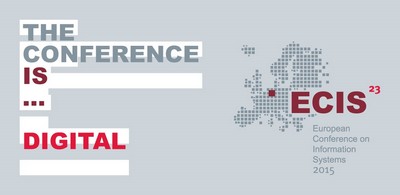DOI
10.18151/7217279
Abstract
This paper reports on our research towards an economic analysis of money laundering schemes utiliz-ing cryptocurrencies, which are convertible decentralized virtual currencies based on cryptographic operations. They gain ground as means to offer enterprises and its customers new payment methods, investing opportunities and some are even intended as substitutes for centrally controlled government-issued fiat currencies. Our starting point is the observation that their increasing popularity attracts the attention of practitioners and scholars, particularly because of raising anti-money laundering concerns. Consequently, work has already been conducted in this area, mainly focusing on implica-tions on anti-money laundering efforts. However, we argue that the potential benefits for criminal in-dividuals are an important, yet neglected factor in the dissemination of cryptocurrencies as money laundering instrument. Addressing this issue, the paper firstly presents the structure of the money laundering process and introduces prevailing anti money-laundering controls. This forms the basis for the subsequent analysis of contextual and transactional factors with respect to their influence on the incentives of criminals to utilize cryptocurrencies for money laundering. This aims at providing an answer to the open question, whether cryptocurrencies constitute a driver for money laundering.
Recommended Citation
Brenig, Christian; Accorsi, Rafael; and Müller, Günter, "Economic Analysis of Cryptocurrency Backed Money Laundering" (2015). ECIS 2015 Completed Research Papers. Paper 20.
ISBN 978-3-00-050284-2
https://aisel.aisnet.org/ecis2015_cr/20


